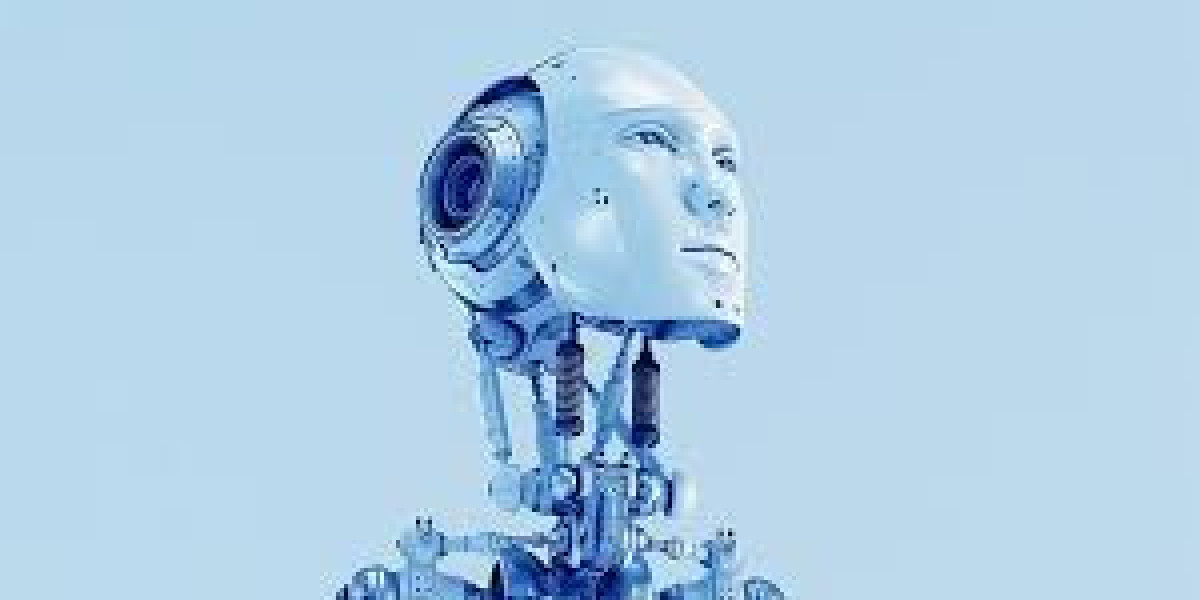Introduction
The construction industry, a sector often perceived as traditional and slow to adopt new technologies, is undergoing a significant transformation. The integration of Artificial Intelligence (AI) is revolutionizing how projects are designed, managed, and executed. AI in construction is not just a futuristic concept; it is a present reality that is enhancing efficiency, safety, and productivity. This article explores the various AI innovations shaping the future of building and the profound impact they have on the construction industry.
AI-Driven Design and Planning
One of the most significant contributions of AI in construction is in the realm of design and planning. Traditional design processes are time-consuming and often involve multiple revisions. AI-powered software can automate these tasks, producing optimized designs faster and with greater accuracy. Generative design, an AI-driven process, allows architects and engineers to input design goals and constraints, such as materials, budget, and spatial requirements. The AI then generates multiple design alternatives, evaluating each one to find the most efficient and cost-effective solution.
Moreover, AI can analyze vast amounts of historical data from previous projects to predict potential challenges and optimize project plans. This predictive capability helps in identifying the best construction methods, materials, and schedules, ultimately reducing costs and improving project timelines.
Enhancing Safety with AI
Safety is a paramount concern in the construction industry. AI in construction is significantly enhancing safety standards through various innovations. AI-powered surveillance systems equipped with computer vision can monitor construction sites in real-time, identifying potential hazards such as unsafe worker behaviors or the presence of unauthorized personnel. These systems can alert supervisors immediately, allowing for quick intervention and preventing accidents.
Wearable technology integrated with AI, such as smart helmets and vests, can monitor workers' vital signs and environmental conditions. If the AI detects any anomalies, such as elevated heart rates or exposure to harmful gases, it can send alerts to the workers and site managers. This proactive approach to safety ensures that potential risks are mitigated before they result in injuries.
Predictive Maintenance and Equipment Management
AI is also transforming equipment management and maintenance in construction. Predictive maintenance, powered by AI, involves using data from sensors embedded in construction machinery to predict when equipment is likely to fail. By analyzing this data, AI algorithms can forecast maintenance needs, allowing for timely repairs and reducing downtime.
Additionally, AI can optimize equipment usage by analyzing patterns in machinery use and project schedules. This optimization ensures that equipment is used efficiently, reducing wear and tear and extending the lifespan of expensive machinery. The result is significant cost savings and improved project timelines.
Project Management and Scheduling
Effective project management and scheduling are critical for the success of any construction project. AI in construction is revolutionizing these aspects by providing advanced tools for project managers. AI-powered project management software can analyze vast amounts of data, including project plans, weather forecasts, and supply chain logistics, to create optimal schedules. These schedules are dynamic and can adjust in real-time based on changes in the project environment.
Furthermore, AI can identify potential delays and recommend corrective actions before they impact the project timeline. This proactive approach helps in maintaining project schedules and avoiding costly overruns. The use of AI in project management ensures that projects are completed on time and within budget.
Autonomous Construction Equipment
The advent of autonomous construction equipment is another groundbreaking innovation driven by AI in construction. Autonomous vehicles and machinery, such as drones, bulldozers, and cranes, are capable of performing tasks with minimal human intervention. These machines are equipped with AI algorithms that enable them to navigate complex environments, avoid obstacles, and execute tasks with precision.
Drones, for instance, are used for site surveys, monitoring progress, and inspecting hard-to-reach areas. They can capture high-resolution images and videos, which are then analyzed by AI to provide valuable insights into the project's status. Autonomous bulldozers and cranes can perform repetitive tasks such as excavation and material handling, increasing efficiency and reducing the risk of human error.
AI and Sustainable Construction
Sustainability is a growing concern in the construction industry, and AI is playing a crucial role in promoting eco-friendly practices. AI can optimize the use of materials, minimizing waste and reducing the environmental impact of construction projects. For example, AI algorithms can analyze the energy efficiency of different materials and recommend the most sustainable options.
Additionally, AI-powered systems can monitor energy consumption on construction sites and identify opportunities for improvement. By optimizing energy use, these systems help in reducing the carbon footprint of construction activities. AI-driven sustainability initiatives are essential for the construction industry to meet environmental regulations and achieve long-term sustainability goals.
Challenges and Future Prospects
Despite the numerous benefits of AI in construction, there are challenges that need to be addressed. The adoption of AI requires significant investment in technology and training. Construction companies need to invest in AI infrastructure and ensure that their workforce is equipped with the necessary skills to operate and manage AI systems.
Data security and privacy are also concerns, as AI systems rely on vast amounts of data to function effectively. Construction companies must implement robust cybersecurity measures to protect sensitive information from cyber threats.
Looking ahead, the future of AI in construction is promising. As AI technology continues to evolve, we can expect even more innovative solutions that will further enhance the efficiency, safety, and sustainability of construction projects. The integration of AI with other emerging technologies such as the Internet of Things (IoT) and Building Information Modeling (BIM) will create a more connected and intelligent construction ecosystem.
Conclusion
AI in construction is transforming the industry, bringing about unprecedented levels of efficiency, safety, and sustainability. From AI-driven design and planning to autonomous construction equipment, the innovations are reshaping how construction projects are executed. While challenges remain, the future prospects of AI in construction are bright, promising a smarter and more sustainable approach to building. As the industry continues to embrace AI, we can look forward to a future where construction is not only faster and safer but also more environmentally responsible.



